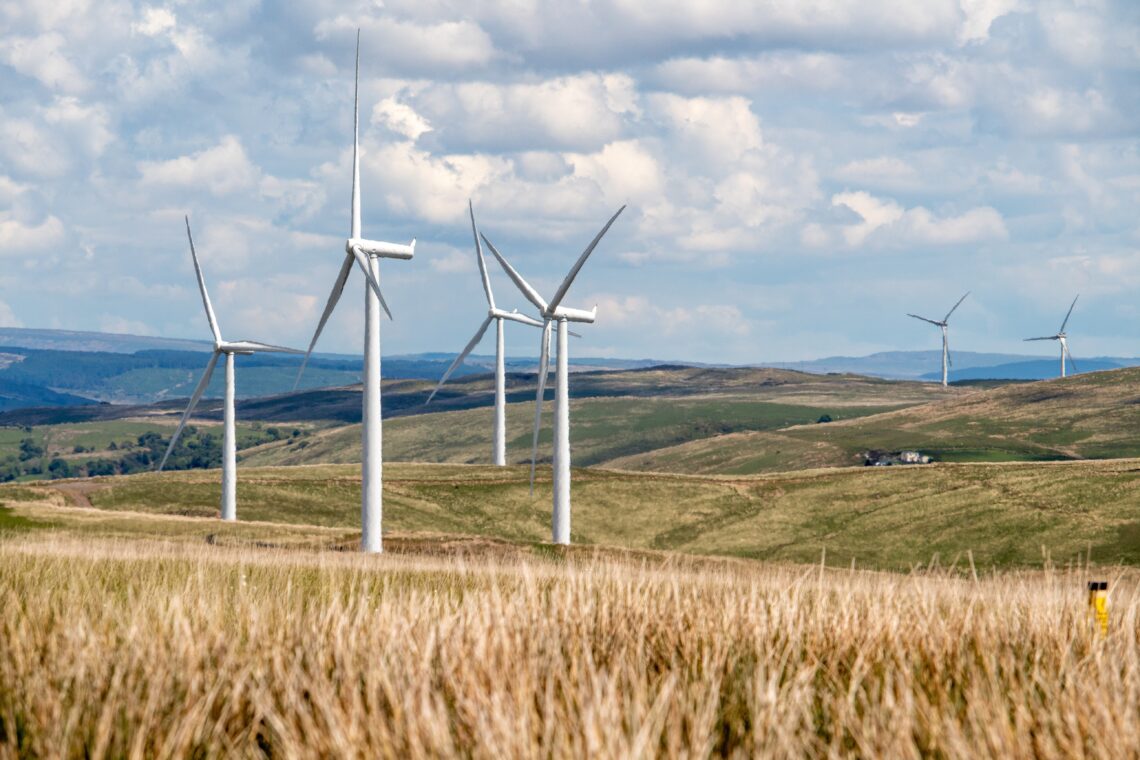The focus on climate change affects both the economy and the environment. In particular, “green energy” such as the wind industry damages the environment.
Weather and wind are known to wear down all surfaces, and over time also the surfaces of wind turbine blades. Particles containing toxic substances such as PFAS are therefore spread in nature, both on land and at sea, writes Fiskeforum.dk.
According to Tichy’s Insight, both animals and fish are affected. Even humans are affected by food that can no longer be eaten. When wind turbines make wild boar livers “inedible”, and this is a growing problem.
This is in response to the German Ministry for Climate Protection, Environment, Energy and Mobility (MKUEM) and the National Research Centre of Rhineland-Palatinate warning against eating the livers of wild boars that roam under wind turbines.
An analysis from a laboratory checked 60 samples from wild boars shot in Rhineland-Palatinate for PFAS. All of the wild boar livers exceeded the EU maximum limit for PFAS content.
The heavily subsidised wind industry is fighting a ban on these substances, arguing that wind turbines cannot be built without PFAS.
PFAS, or per- and polyfluorinated alkyl substances, are a group of chemicals that are important in the production of wind turbine blades because of their unique properties.
Now, fishermen are also concerned that offshore wind projects will have the same impact on fish.
The question for fishermen is whether these studies can also be directly transferred to offshore wind turbines, where a gigantic development is planned in the North Sea over the next many years.
The answer here should be to clarify these health risks and the harmful effects they have on nature, the marine environment and not least on animals, fish and humans before any development.
Politicians in the EU and EEA countries such as Norway have vowed to meet climate targets, and in many cases it may seem that the cost is uninteresting. But if food becomes inedible, people will risk dying, and there’s a good chance that some will protest.
Norway has two major industries. Oil and gas is the giant, but fish also has a huge value. If we shut down the oil industry and kill the fish, it’s not easy to understand what we Norwegians should live on.

